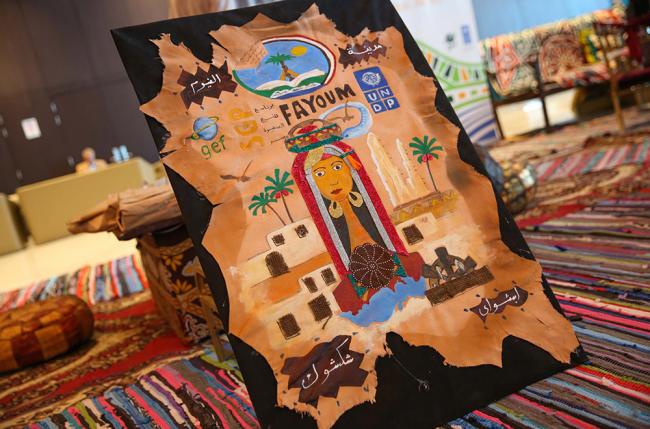The third day of the informal meeting in preparation of SBI-3 was devoted to resource mobilization, capacity building, technical and scientific cooperation, and technology transfer.
On resource mobilization, many delegates emphasized the need to bridge the funding gap for effective implementation of the Convention and the post-2020 global biodiversity framework (GBF). They highlighted the importance of involving all relevant actors to mobilize the necessary human, financial, technological, and institutional resources. These actors include governments, financial institutions, the private sector, and civil society.
Delegates highlighted the need to maximize efficiency and effectiveness of resources from already existing sources, and focus on innovative solutions. Many participants called for redirecting, repurposing, reforming, and eliminating subsidies harmful to biodiversity. Some focused on developing positive incentives, including payments for ecosystem services.
Numerous interventions stressed the importance of national biodiversity finance plans, while noting that domestic implementation remains the sovereign right of parties.
Different views were tabled regarding whether the resource mobilization strategy should be approved simultaneously or sequentially to the post-2020 GBF. Delegates also expressed different opinions on the balance between the mobilization of national and international resources, with some underscoring the need for increased financial flows from developed to developing countries, in line with Article 20 of the Convention on financial resources.
Stakeholder groups stressed that economic policy reforms should eliminate incentives promoting activities that harm ecosystems, biodiversity, and local livelihoods, arguing that this is especially important in the case of extractive activities, monoculture tree plantations, and industrial agriculture.
Regarding capacity building, technical and scientific cooperation, and technology transfer, delegates underscored their importance for successful implementation of the post-2020 GBF, highlighting the links between long-term planning for capacity building and the GBF. They addressed, among others:
- a draft long-term strategic framework for capacity building beyond 2020;
- a progress report on technical and scientific cooperation and technology transfer;
- proposals for an inclusive process to review and renew technical and scientific cooperation programmes;
- the knowledge management component of the post-2020 GBF; and
- draft elements of a post-2020 work programme for the clearing-house mechanism.
Delegates also discussed, without reaching agreement, suggestions on the establishment of a global knowledge center for biodiversity accompanied by regional support centers, as well as institutional arrangements for capacity development and scientific cooperation.






